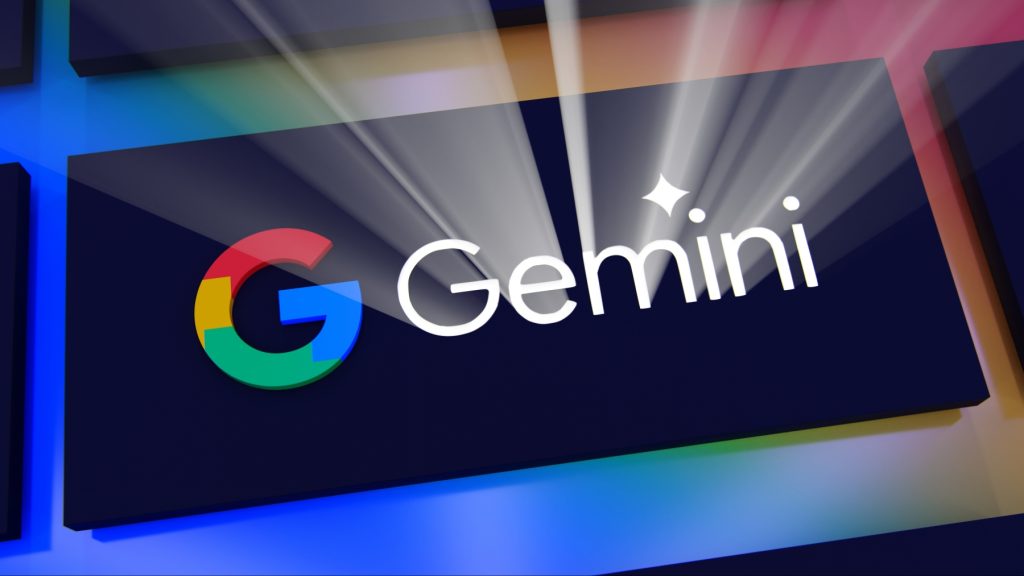
Google’s latest advertisement, part of their Olympic ads, features a father explaining his daughter’s admiration for Olympic track star Sydney McLaughlin-Levrone, causing quite a stir.
The daughter was motivated by glue-new search feature of the mom’s Google to look up how hero trains. Then the father is shown to ask Google’s Gemini chatbot to write a letter from his daughter to McLaughlin detailing her wish to break McLaughlin’s world record of 51.9 seconds in the 400 hurdles.
The ad is a demonstration of how advanced Google AI is in generating text that has so far been reminiscent of humans; this is because this quality is what the company encourages of people when emailing expectancies while scheduling travel plans.
The ad, however, has attracted some criticisms online, where most people were seen asking why anybody would replace the true creativity of a child with one that was from AI-generated words. Critics stated that the big tech companies do underestimate human strength, creativity, and capabilities in general.
Will Leitch, writer and founder of the sports blog Deadspin, echoed his dismay on X, stating, “The Google commercial where the dad has his daughter use AI to construct a note to her favorite athlete rather than encourage her to write what she actually wants to tell her hero takes a little chunk out of my soul every time I see it.”
This has been reinforced by the masses, which are calling all those AI Olympic ads “mortifying.”
Google’s Response and Broader Concerns
In reaction to the backlash, a Google spokesperson wrote in a post, “AI is the tool that makes human creativity possible, and it is in no way its replacement.” He said that the company wanted to do something real-to be able to celebrate Team USA and show the Gemini app could help anyone brainstorm ideas for writing.
The row reflects a broader unease about the growing presence of AI in our lives. At a time when tech companies promise AI is going to make life easier for human beings by dealing with banalities so that humans can focus on more important things, many believe AI is starting to encroach on human creativity. Many believe AI is starting to encroach on human creativity.
This has seen musicians, visual artists, and writers raise an alarm over AI replacing their work, resulting in lawsuits against tech firms for using their copyrighted works in training AI models.
Despite the criticism, tech companies continue to develop AI tools that can create art, music, and stories.
Shelly Palmer, a professor at Syracuse University, criticized this trend, saying, “I want to live in a culturally diverse world where billions of individuals use AI to amplify their human skills, not in a world where we are used by AI pretending to be human.”
Big Tech Companies Underestimate Us
Google has not yet commented on the backlash to its Gemini Olympic ads, but the ongoing debate highlights the tension between technological advancements and preserving human creativity.
The fact that big tech companies are underestimating the intelligence and creativity of children and adults is quite alarming. Why would they have the confidence to think that AI has become some sort of extension to the human brain if we aren’t allowing it to happen? This gap between tech developers and real people shows a big worry about AI. We need to make sure AI helps human creativity without taking it over.
Inside Telecom provides you with an extensive list of content covering all aspects of the tech industry. Keep an eye on our Tech sections to stay informed and up-to-date with our daily articles.